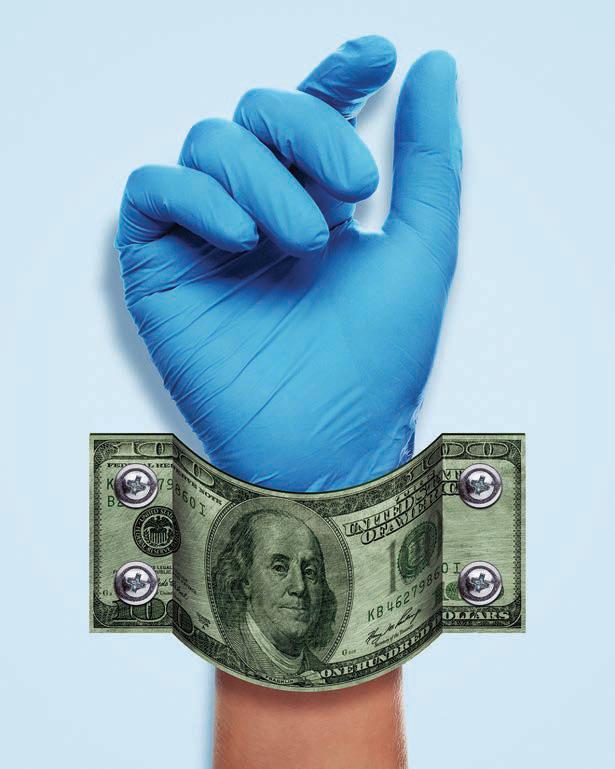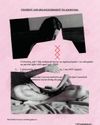
AFTER GRADUATING from a Denver nursing school in 2016, Neil Rudis knew the real training wouldn't start until his first job-ideally in acute care at a Level 1 trauma center treating the sickest and most injured patients. So he was excited to sign on at the neurological intensive care unit at University of Colorado Hospital, the flagship facility of one of the state's largest and richest health care employers. His contract included a catch that's become common for new nurses: If he quit or was fired before a year on the job, Rudis would have to repay UCHealth up to $7,500 for training, with any debt accruing 12 percent annual interest. The arrangement is called a Training Repayment Agreement-critics add the word "Provision" to round out the acronym.
Rudis focused on what he thought he'd learn, and not the position the deal would put him in. "I definitely want to go into a TRAP," Rudis remembers thinking. "I've heard such good things." But within months, his excitement turned to anxiety, as he came to worry that the ICU was short-staffed. Nurses assigned to instruct him kept getting pulled away, leaving him alone with patients before he felt ready. "I'd come out of the room trying to find somebody," he recalls, "and there's no one available." The hospital ended his training a month early so he'd be freer to work and help fill its staffing gap. When supervisors asked Rudis to teach the hospital's new nursing recruits, he told the trainees he was still learning, and they'd have to figure things out together.
この記事は Mother Jones の September/October 2023 版に掲載されています。
7 日間の Magzter GOLD 無料トライアルを開始して、何千もの厳選されたプレミアム ストーリー、9,000 以上の雑誌や新聞にアクセスしてください。
すでに購読者です ? サインイン
この記事は Mother Jones の September/October 2023 版に掲載されています。
7 日間の Magzter GOLD 無料トライアルを開始して、何千もの厳選されたプレミアム ストーリー、9,000 以上の雑誌や新聞にアクセスしてください。
すでに購読者です? サインイン

HOG WILD
The scandalous reason meat prices have skyrocketed

ALL WALKS
Limiting cars in cities can help disabled people, too.

REMIGRATION
How Trumpism is following the far right in Europe toward mass expulsion of immigrants

SETTLING THE SCORE
A pop psychology book is considered the definitive trauma text. But what if it's leading survivors down the wrong path?

Positive Spin
People with e-bikes drive less, pollute less, parkinglots-and that's only part of why cities and states are embracing them with gusto.

Cradle and All
The devastating cost of Utah's thriving adoption industry

THE BILLIONAIRE WHO NEARLY BROKE NEWPORT
TRUMP MEGADONOR STEPHEN SCHWARZMAN'S EXTREME MANSION MAKEOVER IS DRIVING HIS NEIGHBORS NUTS.

THE SECRET PLAN TO STRIKE DOWN US GUN LAWS
AND THE COP-TURNED-PASTOR AT THE CENTER OF IT ALL

GOOD NIGHT AND GOOD LUCK
Election Day inside a bustling broadcast newsroom that no longer exists

MASTER OF DISASTER
Trump won’t confront the climate crisis. He’ll feast off it.